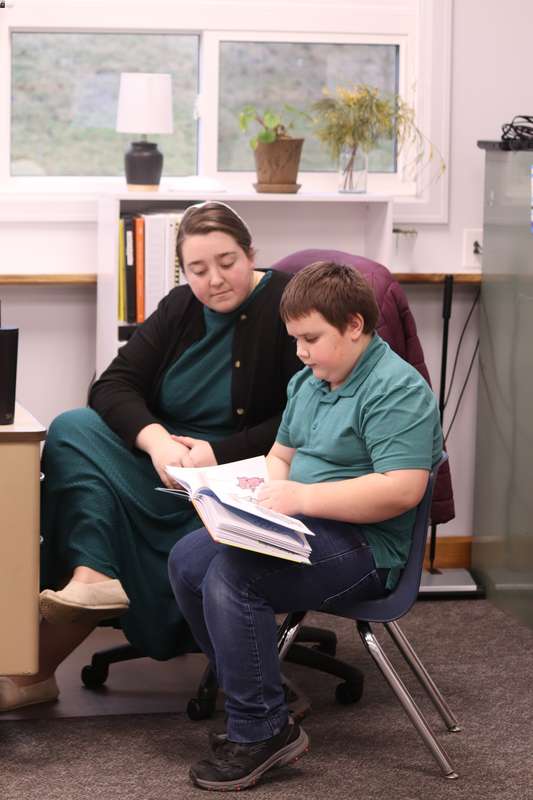For One

“Somebody will have to be killed before they change it” This statement came regarding an intersection that has been the site of several accidents. Wouldn’t it be nice to change it BEFORE someone is killed? Could we do that just for one person? I know there are laws and traffic studies that are part of these decisions, but it would be nice to prevent a death if possible.
At church we have a girl in a wheelchair. I am impressed and pleased with the accommodations that are made for her, for just one person. Sunday school rooms were switched so she doesn’t have to go upstairs. The legs were extended on a table so her wheelchair would fit underneath. A bench in the sanctuary was shortened so her wheelchair fits in without being in the aisle.
I have thought of this “just one” term at school. We make arrangements, accommodations, and modifications for individual students. We don’t have to lump all the class together but try to plan for each child. I rearrange my schedule so Tyler doesn’t always miss fun science lessons to go to learning support class. I excuse work for Ben when he gets frustrated with not getting finished because he works so slowly and carefully.
How can I work with each individual student? I can make connections to the interests of each child. Tyler is often distracted during class, daydreaming, and not on task. He really got into his RC car, though, and told me all about how it had a funny smell after Joel drove it really hard. He compared that to his golf cart at home (“I can really drive it!”) when something was wrong with the golf cart, and diagnosed what was wrong with the RC. I can connect this learning for him by making comparisons, reading about motors, relating it to science. In this way, I can capture the attention of one student who may otherwise get missed.
We try to think of each child’s needs, interests, and abilities. We may give student surveys to learn about the children and their interests. We can do parent surveys to gather information about the children. We may modify assignments “for just one” child to help them be successful. James needs extra tutoring sessions on spelling words and Bible memory. These tutoring times are working for “just one” and then I modify his other assignments because he doesn’t always have time to complete everything after being pulled out for the tutoring sessions. He may do just one side of the math fact page, or I may excuse an assignment. I add a read-aloud book because Michael is interested in that book’s topic. I include an outdoors lesson to intrigue a child who needs fresh air and activity. I may give extra explanations on a topic. I may add some songs to our repertoire after I learn which songs are favorites. I may modify assessments “for just one” when my ELL student does half of the Bible memory passage. It is just too much for him to memorize the entire passage in English.
Encouragement is also important for “just one.” Noticing effort, little successes, and improvement goes a long way in helping “just one.” I find I need to keep notes so I don’t neglect anyone because every “just one” in my class needs encouragement!
One Sunday Amy was very busy and silly in Sunday School and did not listen well to me. I talked with her mom after church, and her parents talked with her. The next Sunday she did very well, and I told her at the end of class, “Amy, you were very good today!” I didn’t realize what an impression this would make on her. Her mom reported that Amy came out from class and told them, “Arlene said I was good!” That was encouraging to Amy, and it reminded me to take the time for “just one” and encourage them.
When Jesus said we should serve the least of these, and called us to serve just a cup of water in His name, surely He was intending that we serve one at a time. Each one matters to Him. Thus, each unique, gifted, individual student should matter to us too.
Leave a Reply